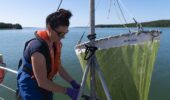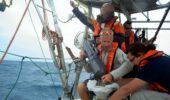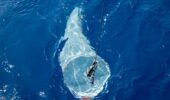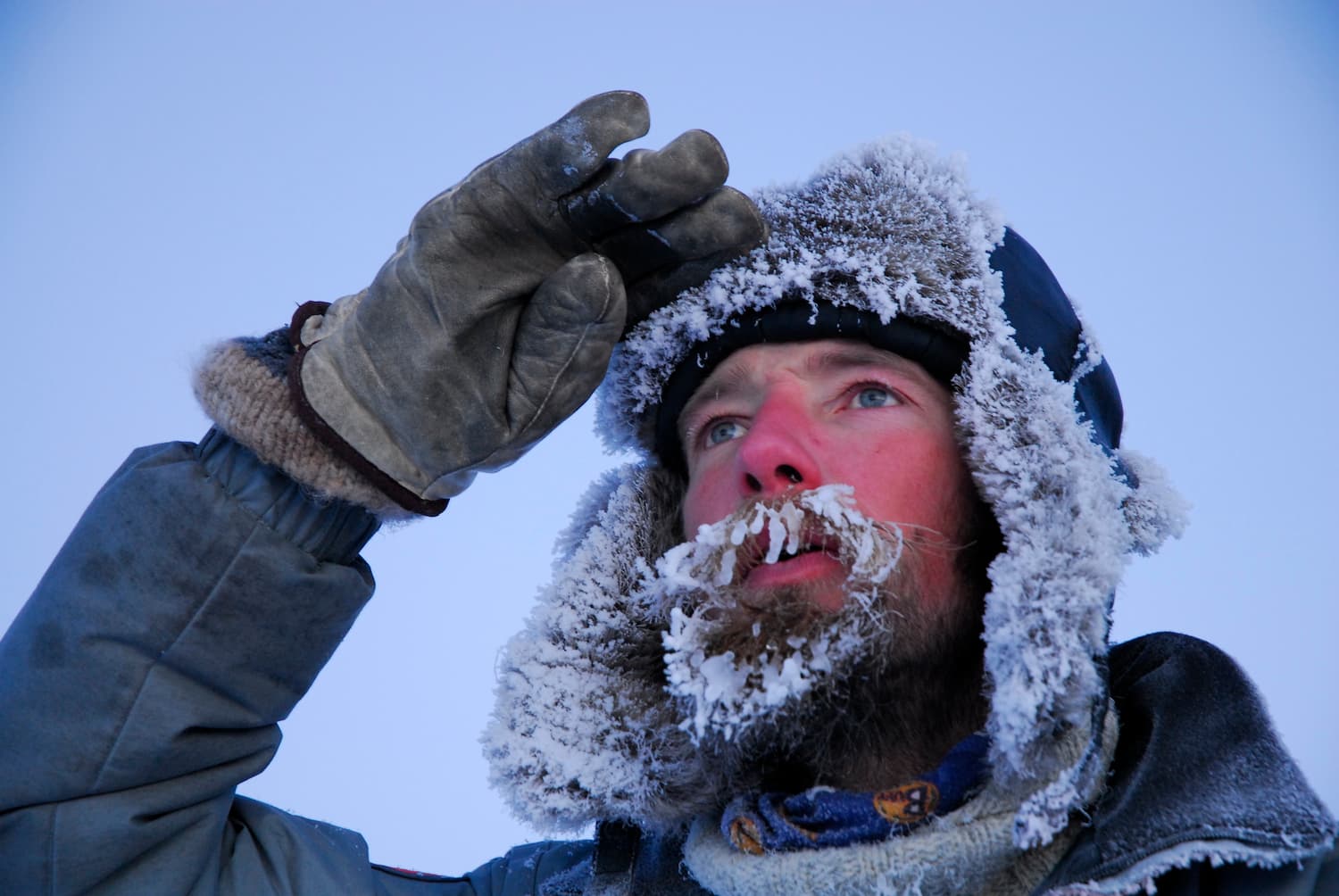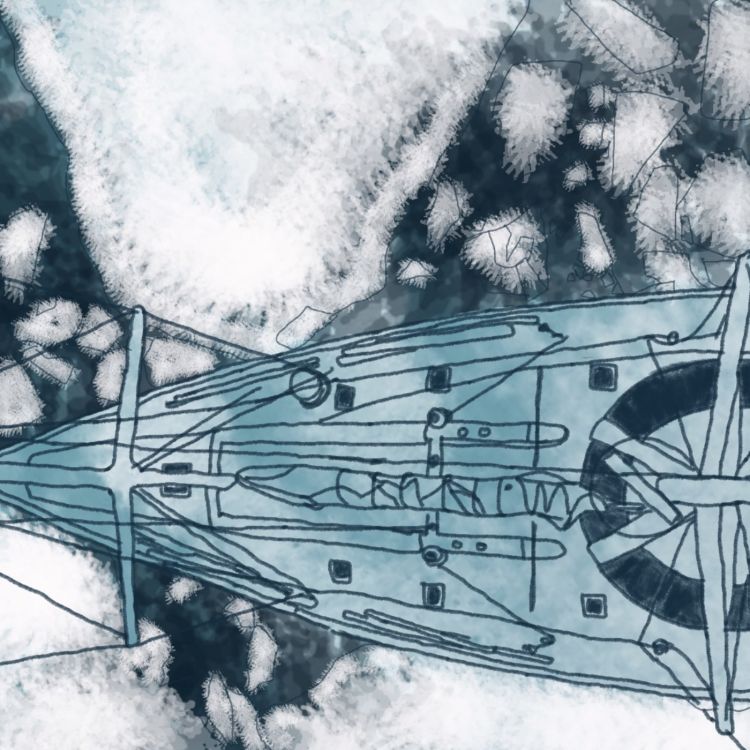
Trapped in the ice
Discover the account of Marion Lauters, student and quartermaster on Tara during Arctic drift..
The biodiversity of coral reefs in the face of climate change and the pressures of human activity
How does this fragile ecosystem work?
How able is it to resist and adapt to climate change and local pressures?
Sharing the importance of these coral reefs for biodiversity and local populations?
Championing the protection of these ecosystems at the Convention for Biological Diversity.
Having left its home port of Lorient in May 2016, the schooner Tara carried out the most ambitious scientific campaign ever undertaken on coral reefs. Two and a half years of expedition, more than 100,000 km covered, and 2,677 scientific dives, enough to meet the objective set at the start: to inspect the coral on the scale of the biggest ocean in the world, the Pacific.
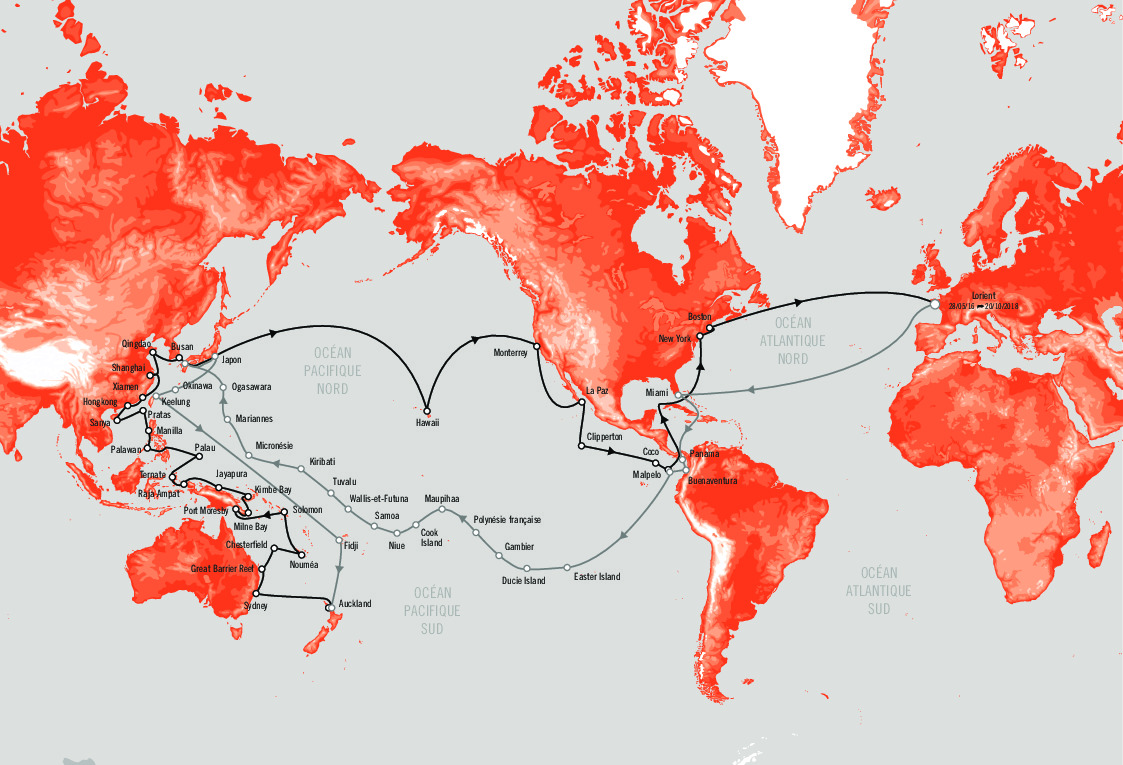
In day-to-day life
The unique character of this expedition lies firstly in its ‘transversal’ approach to a very extensive geographical area, i.e. the Pacific, where more than 40% of the world’s coral reefs are concentrated. Such an approach had never been tried before on this scale.
Currently, predictions on the evolution of coral reefs suggest that they will deteriorate until climate change is stabilised and new types of reef assemblies stand up to the planet’s temperature conditions.
The data from Tara Pacific offer a unique opportunity to distinguish local disruptions (pollution, urbanisation, sedimentation due to soil erosion) from global negative effects (global warming, acidification of the oceans) and to measure the state of health of coral populations subject to these two types of disruption.
